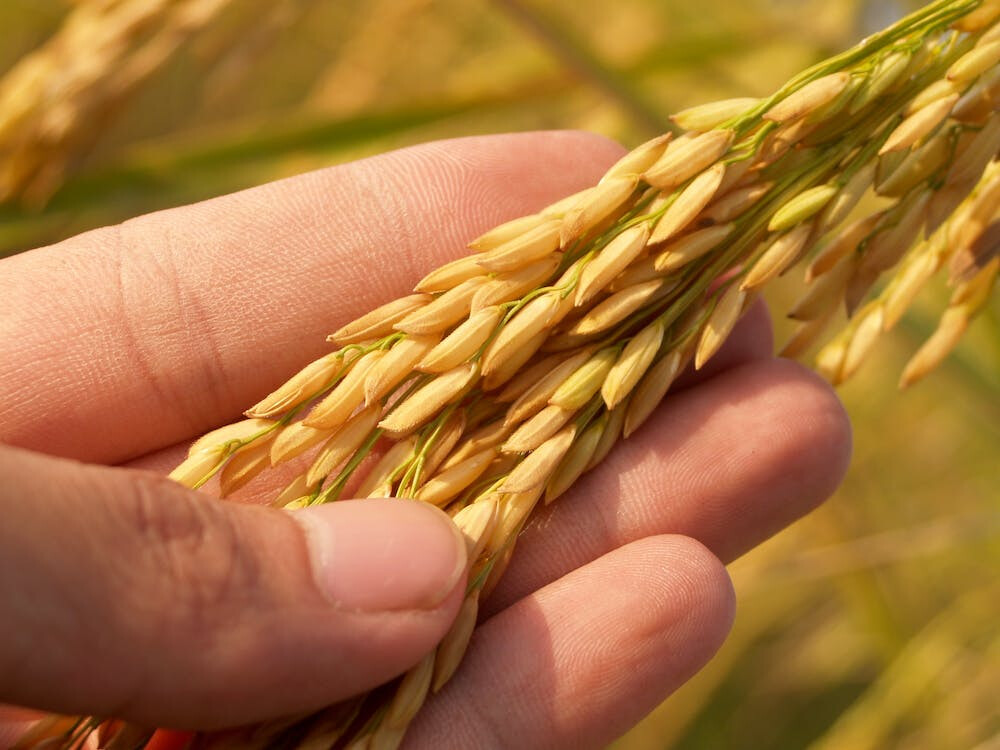
Seoul, South Korea – A new report from the Korea Chamber of Commerce and Industry (KCCI) has highlighted South Korea's growing vulnerability in food security, urging the government to take immediate action. Despite being the world's 14th largest economy, the country heavily relies on imports for its staple grains, leaving it susceptible to global food price fluctuations and supply chain disruptions.
The report revealed that South Korea imports over 90% of its corn, wheat, and soybeans, making it highly dependent on foreign suppliers. In contrast, neighboring countries like Japan and China have taken proactive steps to bolster their domestic food production and establish robust supply chains.
Japan, for instance, has invested heavily in agricultural infrastructure and established a strong presence in global grain markets through its state-owned enterprises. China, on the other hand, has significantly increased its domestic production and acquired substantial stakes in foreign agricultural companies to ensure a stable supply of food.
"South Korea's efforts to secure a stable food supply are still in their early stages," the KCCI report noted. "The country's reliance on imports makes it vulnerable to price fluctuations and supply disruptions in the global market."
The report also pointed out the lack of comprehensive food security legislation in South Korea. While Japan and China have enacted specific laws to address food security, South Korea's existing agricultural laws do not provide a clear framework for ensuring a stable food supply.
"South Korea needs to strengthen its food security measures by enacting a comprehensive law that sets clear targets for self-sufficiency and outlines strategies for building a resilient food system," the report recommended.
The report further highlighted the need for increased investment in domestic grain storage facilities and the development of a more efficient domestic distribution network. Currently, South Korea lacks sufficient storage capacity for grains, making it vulnerable to supply shocks.
The KCCI's findings align with the Global Food Security Index (GFSI), which ranked South Korea 39th in 2022, significantly lower than Japan (6th) and China (25th). The report attributed South Korea's lower ranking to its heavy reliance on imports, limited domestic production, and vulnerabilities in its food supply chain.
To address these challenges, the KCCI has called on the government to take the following measures:
Enact a comprehensive food security law.
Increase investment in domestic agricultural infrastructure.
Develop a more efficient domestic distribution network.
Strengthen international cooperation to secure stable food supplies.
By taking these steps, South Korea can enhance its food security and reduce its vulnerability to global food price shocks and supply chain disruptions.
[Copyright (c) Global Economic Times. All Rights Reserved.]






























